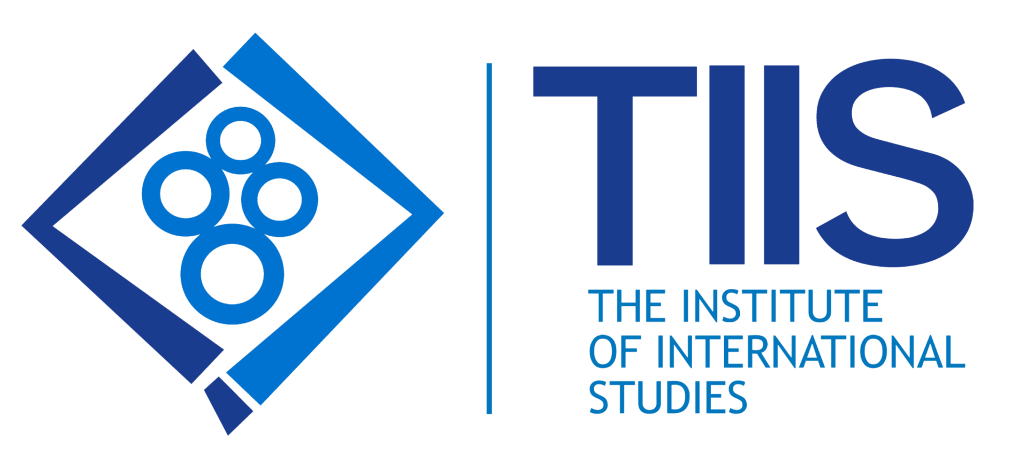Master of Professional Accounting (Advanced) (MPAA)
CRICOS Course Code: 102564D
- Course Duration: 2 years
- Number of Subjects: 16
- Delivery Mode: On campus
- Intakes: March, July, November
- Campus: Sydney
The Master of Professional Accounting (Advanced) (MPAA) is designed to provide graduates with the knowledge and skills to function as (accredited) professional accountants. Graduates will have the capacity to operate in a broad range of business environments. These environments will range from small independent locally operated practices to government and larger-scale commercial enterprises. As Masters graduates with professional accreditation, and a degree of maturity, they will be able to work independently, manage complex and diverse business problems and provide information for effective business decision-making.

Overview
Careers
Accountant
Management Consultant
Risk Management Specialist
Financial Analyst
Audit and Assurance Specialist
Business Finance Consultant
Financial Systems Analyst
Learning Outcomes
Knowledge
Core business and accounting knowledge, encompassing principles and methods for researching existing and emerging issues within the field.
The capacity for continuous learning through the integration of new ideas, precepts, and applications.
Skills
Critically evaluate key theoretical, social, legislative, professional, legal, and ethical frameworks influencing professional accounting and business practices.
Apply their knowledge of accounting and business systems to synthesize data and develop responses to both routine and complex problems.
Undertake systematic investigations of data, including re-examining basic principles and challenging common biases to build robust information and decision-making systems.
Interpret and effectively communicate accounting and business information to the intended audience, drawing on a range of tools and methodologies.
Examine contemporary issues by integrating professional accounting and business technical skills, research methodologies, and theoretical knowledge, showcasing the capacity to exercise judgment, contribute to professional practice, and aid in decision-making.
Demonstrate the capacity to generate appropriate research-related responses to contemporary accounting and business problems.
Contact us
Level 4, 22 Market Street,
Sydney, NSW 2000
Level 1, 112 Newquay Promenade, Docklands, VIC 3008
Programme
Course Design and Structure
Master of Professional Accounting (Advanced) (MPAA) consists of 16 prescribed units of study (without any electives). The course prepares graduates for a professional accounting career. The carefully sequenced program of study provides an advanced body of knowledge, practical skills and real-world application to a range of contexts for the professional accountant.
UNIT CODE
UNIT NAME
CREDIT PTS.
96
APPLY
01
Gather Documentation
Begin your journey by gathering all the necessary documents as per TIIS entry requirements.
02
Application Submission
Complete our application forms and send them to TIIS via email.
03
Approval Process
If you meet our requirements, TIIS will issue a Letter of Offer.
04
Fee Payment
Secure your place by paying your tuition fees. Upon payment, you’ll receive a Confirmation of Enrolment (COE).

